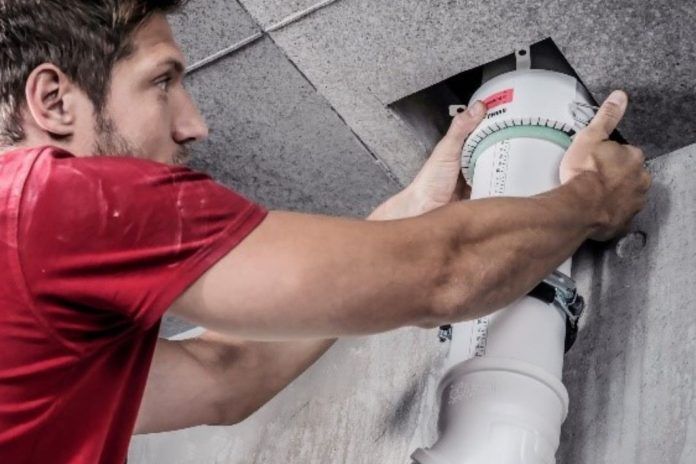
Building specifiers and contractors must champion a healthy approach to M&E solutions when converting shops into flats according to REHAU, following claims from campaigners that this latest trend could lead to “low quality homes”.
The move towards turning commercial premises into housing is already underway, with thinktanks like the Social Market Foundation suggesting that turning collapsed retail businesses into residential space could create 800,000 new homes.
While new Permitted Development Rights ensure space standards will be upheld and extremely small ‘rabbit hutch’ flats avoided, polymer supplier REHAU exposed further concern with regards to wellbeing being ‘value-engineered’ out of these buildings later on.
The warning comes off the back of REHAU’s recent report ‘Designing Healthy Apartments,’ with 44% of architects and specifiers surveyed identifying this issue of later ‘value-engineering’ as a concern during the design process. Over 500 respondents took part in the independent research, with 125 specialising in multi-residential projects.
Steve Richmond, head of marketing and technical for REHAU Building Solutions, said: “The new Permitted Development Rights put forward by the housing secretary are a welcome move but it’s not just space utilisation that impacts an occupant’s wellbeing, it’s temperature control, water provision, acoustics, air quality and so on. The worry is that because retrofitting and repurposing existing space can be seen as a less expensive option, there could be pressure to cut corners on fundamental components that improve occupant wellbeing. These actions could also impair a building’s lifespan, raising further concerns.”
Overheating in summer, excess cold in winter, privacy and lack of daylight have also been highlighted as potential issues by Julia Park, the head of housing research at the architects Levitt Bernstein and one of the Mayor of London’s design advocates, a statement added.
